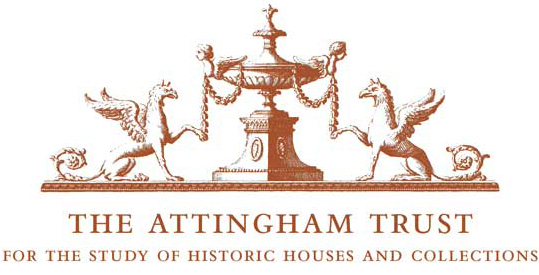The Horse and the Town and Country House: Art, Politics and Mobility
Institute of Continuing Education, Madingley Hall, University of Cambridge
18th – 19th November 2022
Call for Papers
Building on the successful 2018 Attingham Trust Study Programme, The Horse and the Country House, this conference interrogates the place of the horse in the town and country house. From sporting art and memorabilia, riding dress and horse tack, carriage design and liveries, stables and stable servants, mobility and horseracing, we seek to explore the ways in which the horse was central to the social, cultural, economic and political functions of the town and country house. We invite proposals for 20-minute papers that engage with any aspect of the topic, especially papers that offer case studies of specific houses, across periods and geographical locations. We are keen for papers that open up new methodological approaches for the study of the horse and the country house, such as from fashion, curatorial, animal, postcolonial, LGBTQ+ and feminist perspectives. We welcome papers from emerging and established scholars highlighting new research, and from those working across a broad range of disciplines.
Suggested topics include the following:
• Sporting art and the domestic interior
• Sporting art and horse and human pedigree
• Horse riding, politics and sociability
• Horse racing and global networks of trade
• Dress and the materiality of riding
• Equine connoisseurship
• The role of the horse in mobility studies
• Travel between town and country
• Horse-drawn carriage design, significance and use
• Stable architecture, horse tack and stable culture
• Interpretation of stables and equine spaces in the country house
Please send a 250-word abstract and 50-word speaker biog. to: elizabeth.jamieson@attinghamtrust.org by 31 March 2022.
The successful papers will be selected in April by the academic conference advisory committee comprising Tabitha Barber (Tate Britain), Dr Oliver Cox (TORCH), Christopher Garibaldi (University of Cambridge), Dr Michaela Giebelhausen (Courtauld Institute), Dr Lydia Hamlett (ICE) and Elizabeth Jamieson (Attingham Trust).

